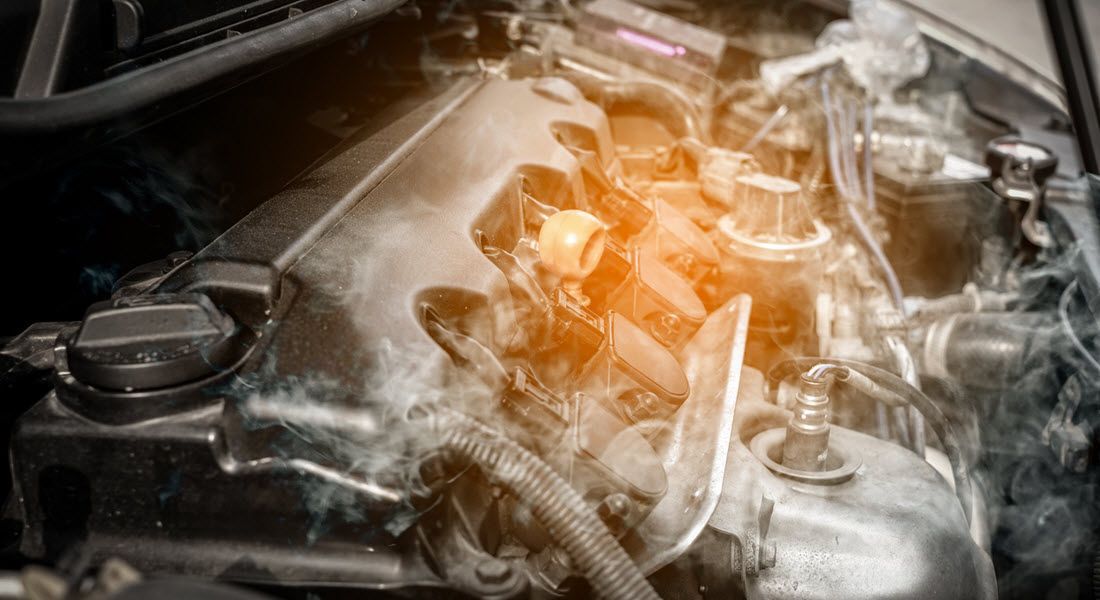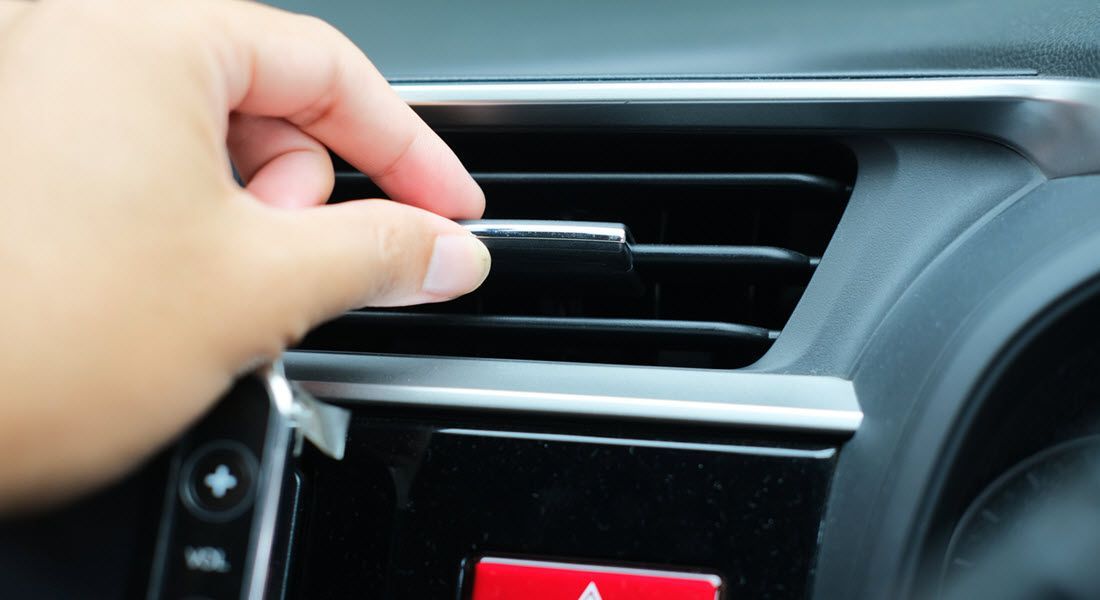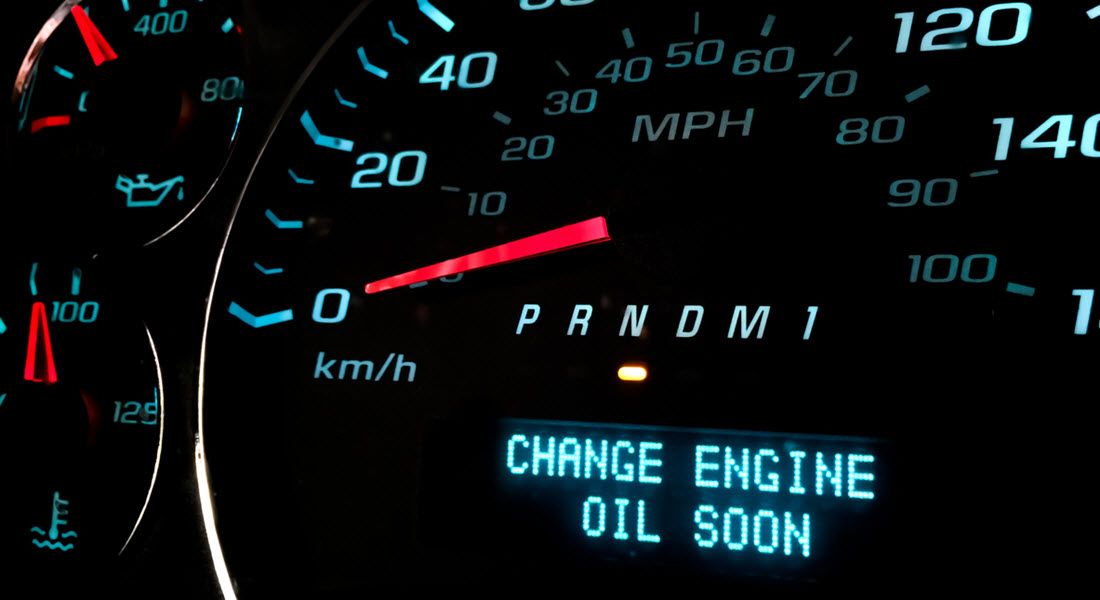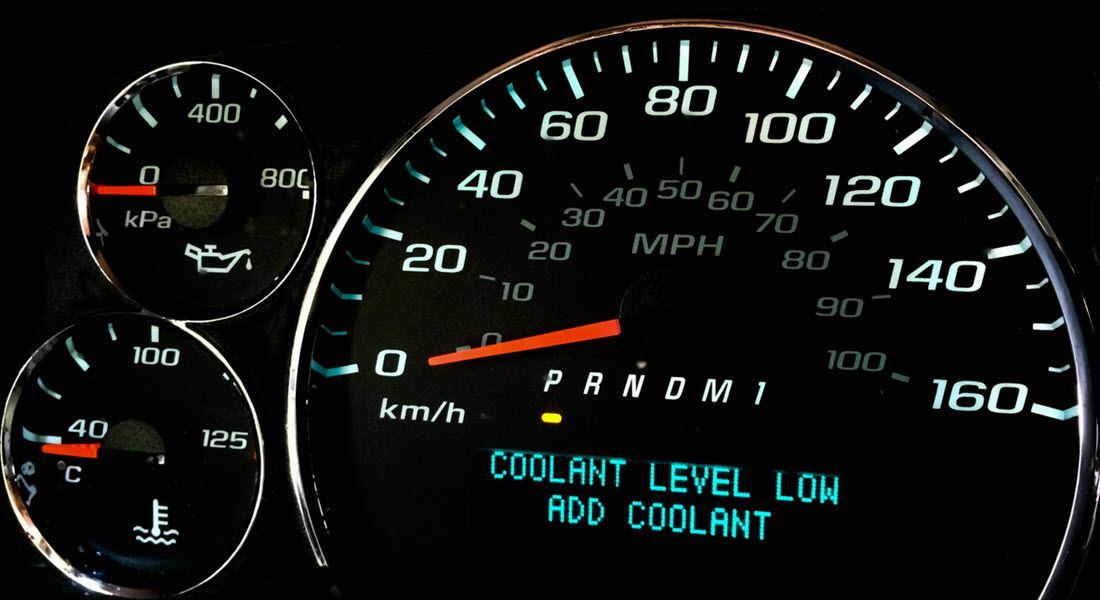Located in the
exhaust system, your
Audi’s oxygen sensor reads your exhaust to check the oxygen content, so that you can have efficient combustion. Once that content is read, your sophisticated vehicle knows the air to fuel ratio of the current combustion and can make changes when you need them for performance.
When taken care of, you’ll get better mileage and performance, longer life for your vehicle’s parts, and a whole lot
less emissions.
Needless to say, this is something that you want to keep up with, and today we’ll talk about your Audi’s oxygen sensor, starting with signs to watch out for, what gets checked when it’s time for
preventative maintenance, and how often you should get that sensor checked.
Signs That You Might Need Your Oxygen Sensor Checked
When your
Audi’s oxygen sensor starts having trouble, the hit won’t always be immediately to performance. There are a few symptoms that may occur which can warn you in advance. Here are some examples of scenarios where it might be time to get your oxygen sensor checked:
● Lower gas mileage – One of the first things you’ll notice when the oxygen sensor isn’t running efficiently is that your Audi isn’t either. You’ll find yourself filling up a little more regularly than usual and while no other symptoms may be present now, this is a good enough reason to get it checked out.
● Blacken emissions – When your exhaust is occasionally coming out black, then the oxygen sensor may very well be the culprit.
● Shaking or increased vibrations – When combustion isn’t running efficiently, then your vehicle may get shakes or extra vibration when you are idling. You Audi is trying to compensate but it’s not getting all of the data that it needs from your oxygen sensor to run efficiently.
● Acceleration delays – Another telltale sign that the oxygen sensor may be compromised if delayed acceleration. You’ll find yourself punching the pedal and instead of a quick, focused boost of speed, it may well take a moment.
●Ignition stalls – If you find that you’re starting your Audi up, only to have it immediately stall out again, then you might well have a problem with the oxygen sensor. As it’s tied to combustion, stalling can and does occur when the sensor is damaged or otherwise impaired.
These are just a few examples of what may occur, but the good news is that you can avoid these issues by
getting your oxygen sensor checked regularly as a part of your preventative maintenance plan. A little
regular maintenance can really go a long way, so don’t forget your oxygen sensor when you’re getting some
routine maintenance – it’s important and if you miss it, you’ll get a firsthand lesson in just how vital it really is to your Audi’s performance.
Audi Oxygen Sensor Maintenance
When you go in for
preventative maintenance, you want to make sure that you go with a
full-service provider such as
Bertini’s German Motors of Roseville. That’s because your Audi is a sophisticated machine and if you take it to a garage that doesn’t know these cars, then your Oxygen sensor might not even be part of your preventative maintenance!
An oxygen sensor needs to have the following checked in order to ensure that it is running efficiently:
● Air-to-Fuel ratio
● Catalytic converter (efficiency test)
● Emission control
● Exhaust gas oxygen levels
● Overall engine performance and efficiency
Like any part, an oxygen sensor can wear out over time, so you want to make sure that you are going with a garage that knows your Audi from top to bottom. At
Bertini’s, this is definitely the case!











